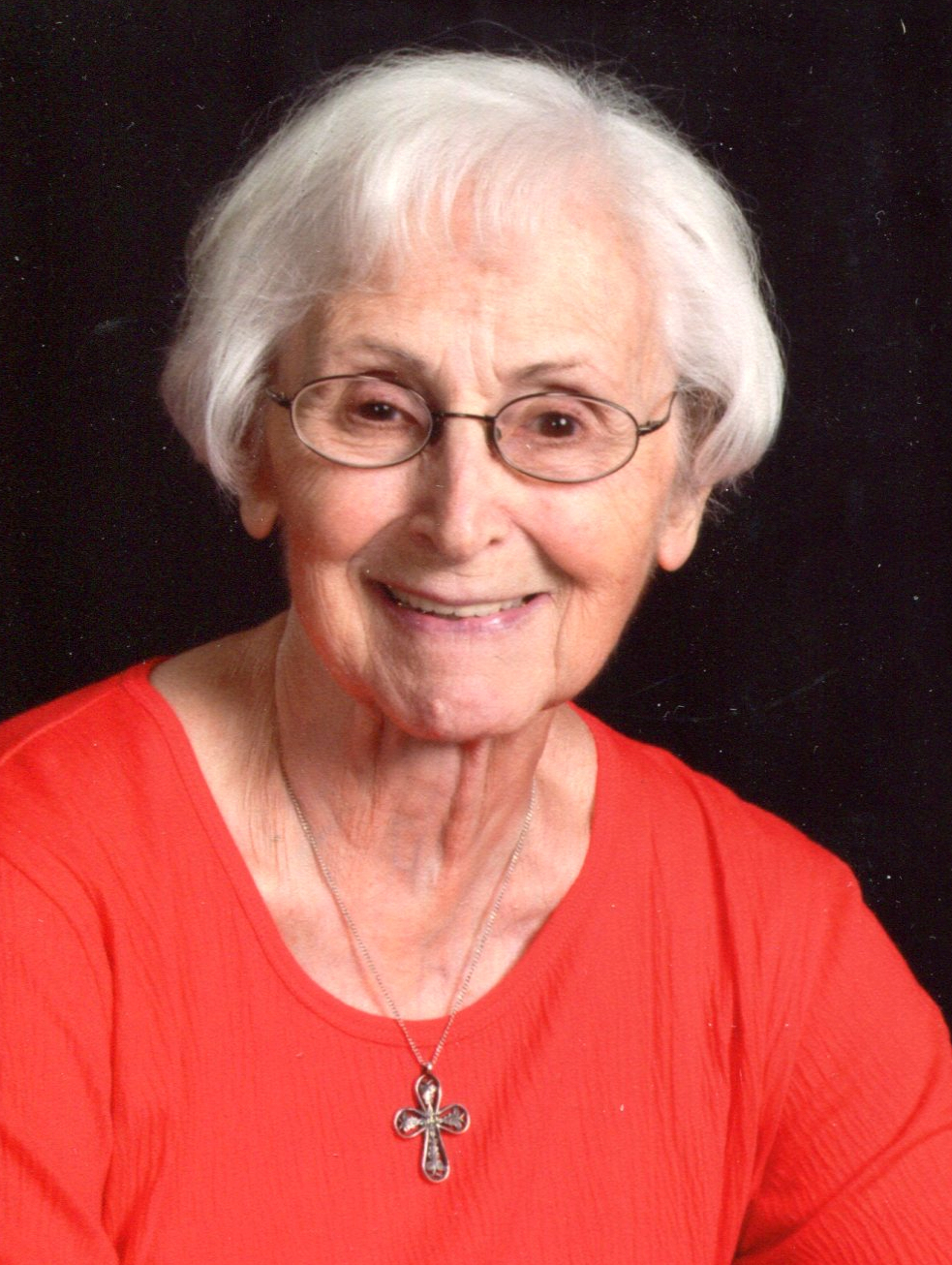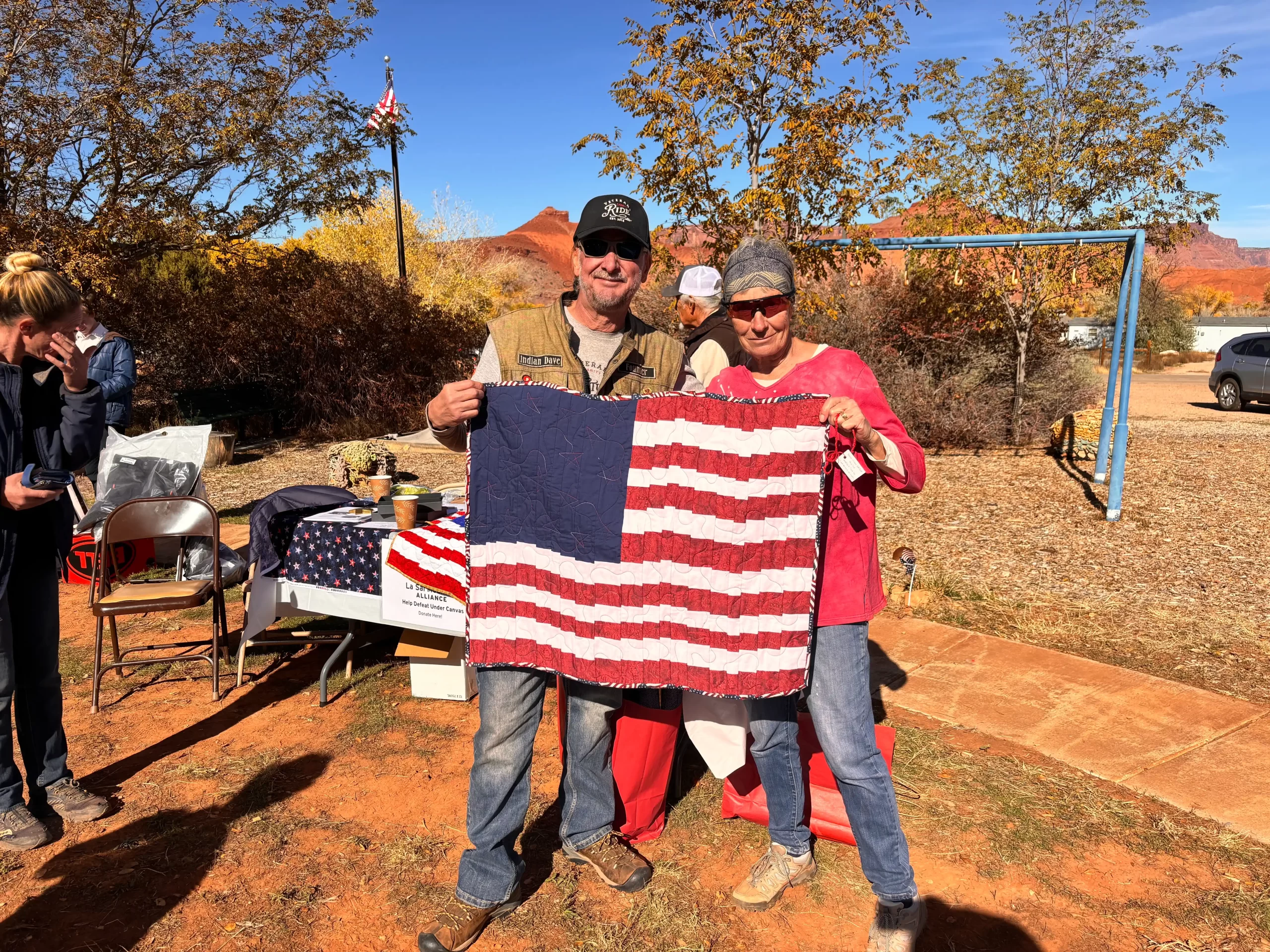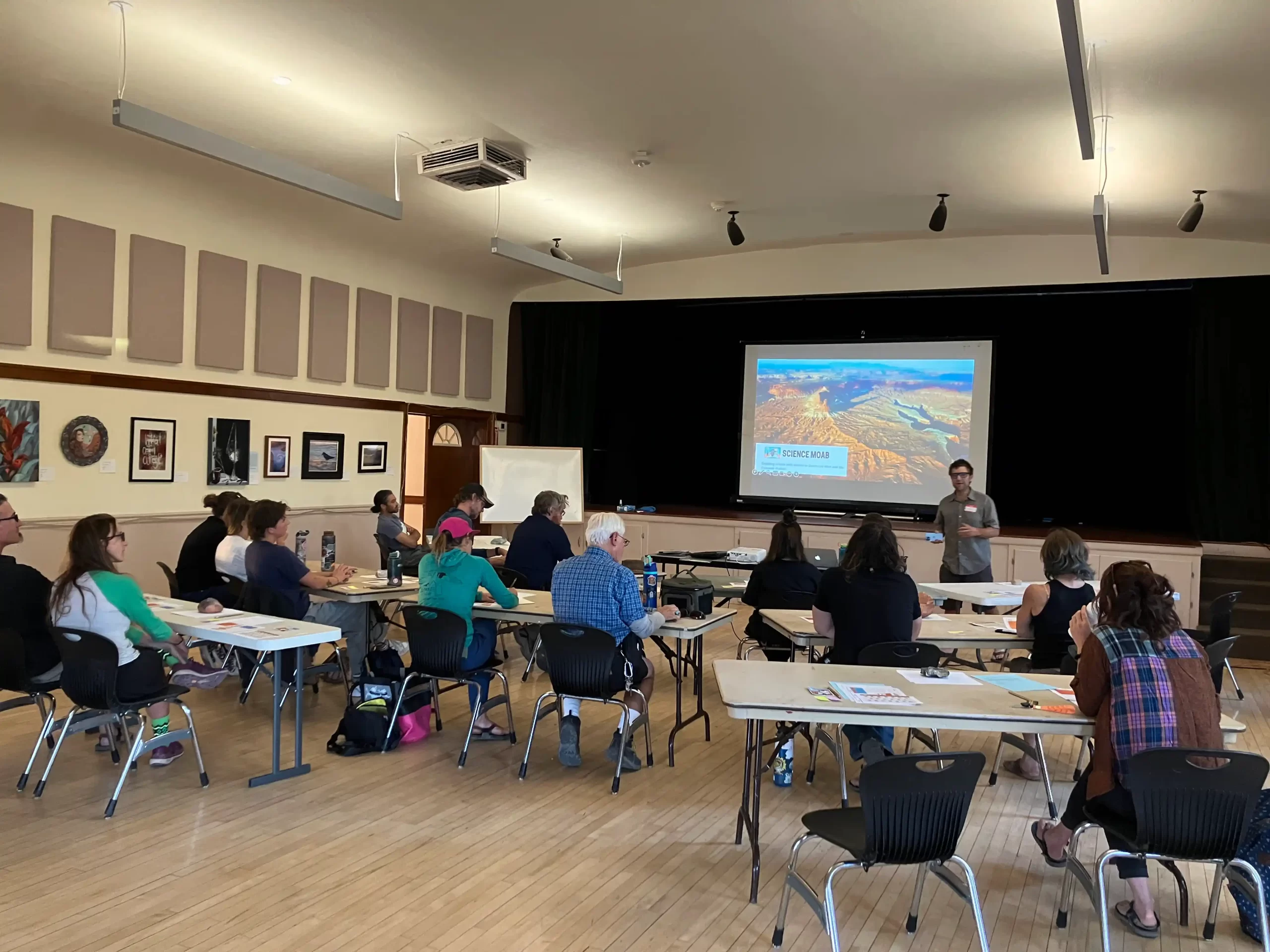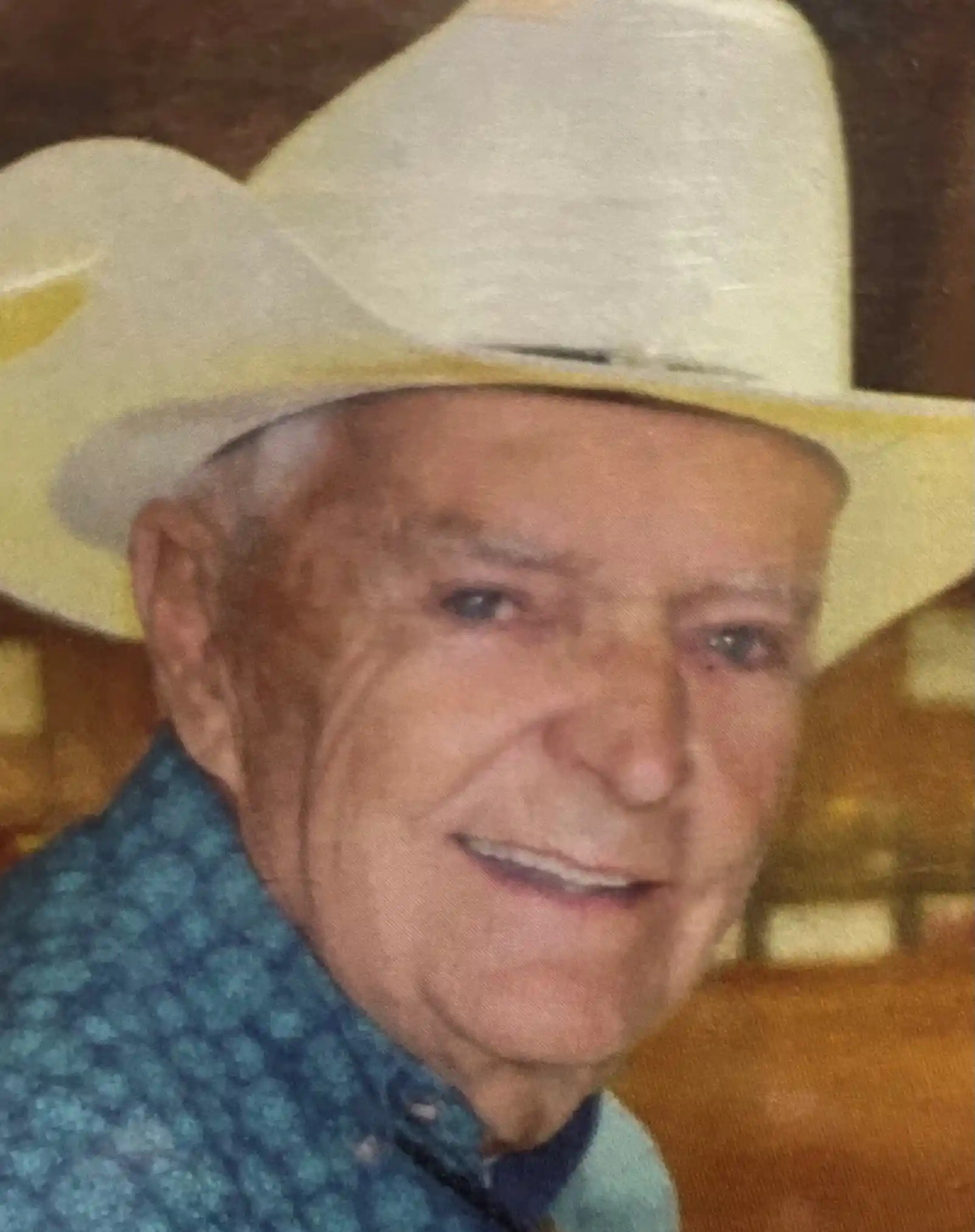Elizabeth Clark was born in Boston, Massachusetts, in 1928 to Myron and Elizabeth Hamer. Elizabeth was married at age 19 and stepped away from college to bear three sons over six years and then was divorced. Facing adversity, she scrapped her way to a college degree in teaching from Wheelock College in Boston.
Administrators in Boston-area schools were reluctant to hire a divorcée with three dependent children with an absent father. Elizabeth’s brother, Myron, led her to Corning, a Waynesville-sized town in western New York where Corning Glass Works was expanding and new schools were being built.
Elizabeth began her teaching career in the fall of 1959 as an elementary school teacher. She gained professional respect as an innovator in the classroom as she sought ways to help each and every child. Her desire to be a force for good led her to earn her master’s degree from Elmira College in 1967.
At home, she watched over her sons and decided that the new device known as TV was not helpful to her goals for them. She slyly disconnected the antenna; the boys thought the TV was broken and it disappeared a few days later. Out came the board games, card games and participation in most every sport – even made-up ones. She rarely missed any of the boys’ ball games and somehow kept enough groceries on the table and clothes in the closets.
At the end of her first year of teaching, Elizabeth packed the car with camping gear and the family took off to visit an uncle in Washington State. Yellowstone National Park was a treasured stop as the boys became campers and explorers. Her boys took a trip to the Dakota Badlands in 1963 and then the ultimate journey in 1965 to the Grand Canyon, Tijuana, Yosemite, Crater Lake, the Space Needle in Seattle, then to British Columbia and home via the Trans-Canada Highway.
Elizabeth still had more to learn, so once again she was in night school and summer school to earn her doctorate from SUNY-Albany in 1977. With her doctorate in hand, she ended her formal career as superintendent of schools in the Glens Falls, New York, area.
In retirement, she put a cap on the back of her truck and hit the road to find the next campground. She found her groove volunteering in Acadia National Park in the summer and then would roam westward for a couple of months, once deviating above the Arctic Circle in westernmost Canada, before landing at Arches National Park for the winter.
Two cycles of such travel led her to fall in love with Moab and she found a home there. Being an accomplished pianist, she became the church organist at St. Francis Episcopal Church and led the choir. She also volunteered at the Literacy Council, hiked many a trail and especially enjoyed Wednesday nights at Moab Brewery, when Arches’ park personnel would gather.
Family and the draw of medical facilities that didn’t require a 2-hour drive sent her to North Carolina in the shadow of Pisgah High School. She turned her yard into an array of flowers, delighting in the friendly waves and greetings from passers-by. She joined Grace Episcopal Church in Waynesville and found that Haywood County was a great place to live out her years.
Elizabeth wished to extend her deepest thanks to Reverend Joslyn Schafer who was, and remains, an absolute blessing to her and granddaughter, Nellie. Another thank you to her Grace Church family who visited her, sent words of encouragement and raised her spirits. Lastly, a thank you to Dana Smith who helped care for her and became a friend in her final months.
Elizabeth is survived by her two sons, Terry Clark of Indiana and Robert Clark of Waynesville; her grandchildren Nellie, Cassandra and Christina; her great-grandchildren Derrick, Dahlia and Hudson; her siblings, Myron, and his wife, Meredith; her niece, Alison; and her nephews, Davidson, Eric, Andy, Roderick and Bruce. She was preceded in death by her middle son, Richard Clark of Asheville, who died in 1998; and a sister, Marian.
A memorial service will be held at 11 a.m. on Saturday, August 7 at Grace Church in the Mountains (394 N. Haywood Street, Waynesville, NC 28786).
In lieu of flowers, Elizabeth asks those who wish to honor her to dig a little deeper into their purse or wallet and help one of the many local charities that deal with food insecurity or those that extend educational opportunities. Better yet, volunteer some time as you can. Lastly, she asks that each of us look upon every person as being worthy regardless of race, country of ancestors’ origin, financial standing or personal orientation.





